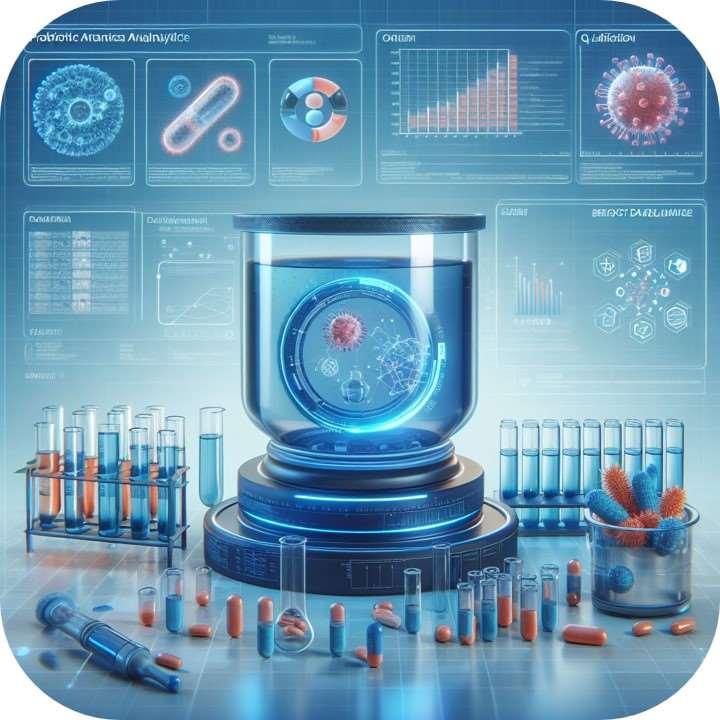Advancements in Antibody Therapy: Enhancing ADCC, ADCP, and CDC for Better Disease Outcomes

Therapeutic antibodies, developed through advanced biotechnology, represent a specialized category of antibodies designed to treat a range of diseases by targeting specific biomarkers. These engineered antibodies are crafted to address malignancies, autoimmune disorders, and infections with greater precision and reduced side effects compared to conventional therapies.
In immunotherapy, antibody-dependent cell-mediated cytotoxicity (ADCC) is a prominent anti-tumor mechanism. Enhancing ADCC boosts the ability of immune cells to attack cancer cells, thereby improving the effectiveness of treatment. This enhancement involves various techniques, including fucosylation engineering, Fc protein engineering, cross-isotype engineering, and dual glyco- and Fc protein engineering.
Another crucial mechanism is antibody-dependent cell phagocytosis (ADCP), which significantly contributes to the action of therapeutic antibodies. The ADCP assay is a key experimental method used to investigate whether antibodies assist immune cells, such as macrophages, in recognizing, engulfing, and destroying target cells or pathogens. This assay helps researchers determine if therapeutic antibodies effectively activate immune cells to target and eliminate tumor cells, offering new hope for cancer treatments.
Complement-dependent cytotoxicity (CDC) is a traditional method used to enhance immune response. CDC enhancement involves amplifying the cytotoxic effects of antibodies by activating the complement system, which leads to the destruction of target cells. In this process, therapeutic monoclonal antibodies bind to antigens on the surface of target cells, activating C1q in the complement system. C1q triggers a cascade reaction that forms the membrane attack complex (MAC), resulting in cell lysis and destruction. The effectiveness of this process is assessed using the C1q binding assay, which measures the binding capacity of therapeutic antibodies to C1q and their impact on the immune response.
Advanced techniques such as the C1q binding assay and ADCP assay have addressed numerous challenges in disease treatment. In oncology, researchers have developed targeted antibodies that activate immune cells to eliminate cancer cells, offering promising advancements in tumor treatment.
In autoimmune disease management, researchers use antibodies to target diseases caused by immune system overactivation. Detailed C1q binding assay studies help identify the most effective antibodies for precise modulation of the immune system, enhancing therapeutic outcomes.
For viral and bacterial infections, the ADCP assay is increasingly utilized to develop antibodies that target pathogens, enabling immune cells to clear infections more effectively. This approach has significantly improved the success rates of treating infectious diseases.
As single-cell technologies and CRISPR gene editing continue to evolve, researchers gain deeper insights into cell death mechanisms, antibody structures, and immune cell functions. This progress accelerates advancements in ADCC enhancement and other therapeutic strategies, leading to more precise and effective disease treatments.
- Art
- Causes
- Crafts
- Dance
- Drinks
- Film
- Fitness
- Food
- Giochi
- Gardening
- Health
- Home
- Literature
- Music
- Networking
- Altre informazioni
- Party
- Religion
- Shopping
- Sports
- Theater
- Wellness
